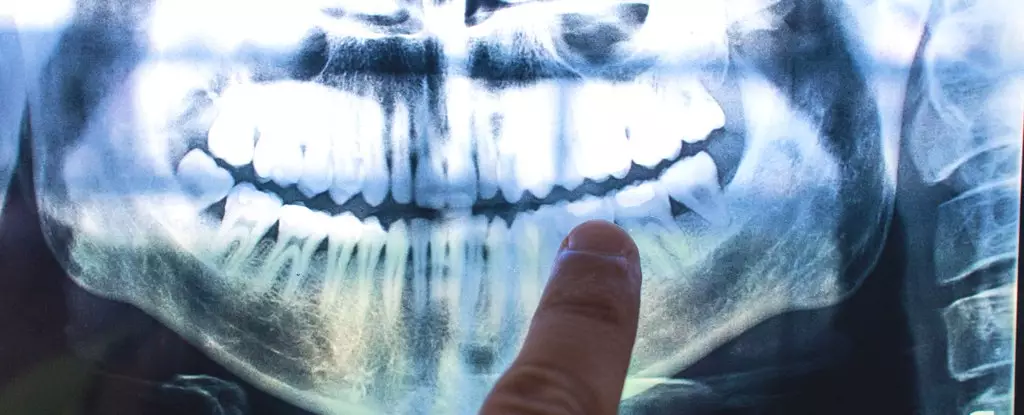The prevalence of oral diseases such as tooth decay and gum disease is a significant global health concern, impacting an estimated 3.5 billion people worldwide. These conditions not only cause pain, infection, and tooth loss but also have serious implications for overall health, with links to diseases like cardiovascular disease, diabetes, Alzheimer’s, rheumatoid arthritis, and cancer. In addition to the physical toll, oral diseases also come with a hefty economic burden, ranking as the fourth most expensive group of diseases to treat globally. The indirect costs, such as productivity losses due to missed work and school days, further compound the issue.
Research conducted by experts from the University of Greenwich and Cape Western Reserve University offers a grim outlook on the future of oral health in the UK. Using advanced modelling techniques, they projected that by 2050, over half of the UK population could be living with some form of dental disease. The prevalence of gum disease is expected to increase from 42% to 54%, with millions more individuals likely to experience symptoms such as gum tissue loss. While there is a slight decrease projected in the number of adults aged 16 to 59 with tooth decay, the over-60 age group faces a worrying trend of nearly doubling in prevalence by 2050.
The shifting burden of oral diseases from younger adults to older adults underscores the importance of proactive oral healthcare measures. Factors contributing to poor oral health, such as inadequate hygiene practices, limited access to dental care, and socioeconomic disparities, need to be addressed urgently. The disruption caused by the COVID-19 pandemic has only exacerbated existing issues in accessing dental services, emphasizing the need for timely action by policymakers and healthcare providers.
The upcoming government has a critical role to play in planning for the future oral health needs of the population. Taking a proactive approach, such as integrating oral healthcare into general medical services, emphasizing prevention, and improving access to quality dental care, can help mitigate the projected oral health crisis. Investment in oral health education programs and initiatives like water fluoridation is essential in promoting good oral hygiene practices and preventing tooth decay.
On a personal level, individuals can take steps to safeguard their oral health by adopting healthy habits like regular brushing, flossing, limiting sugar and alcohol consumption, and quitting smoking. Routine dental check-ups play a crucial role in early detection and treatment of oral issues, ideally done every two years even in the absence of symptoms. Any changes in oral health should prompt immediate dental evaluation to address potential problems promptly.
The forecast for the future of oral health in the UK paints a concerning picture of increasing prevalence of dental diseases. Addressing the underlying causes of poor oral health, prioritizing prevention and timely treatment, and empowering individuals to take charge of their oral hygiene are essential steps in averting a worsening oral health crisis. By working collectively towards promoting oral health as a cornerstone of overall well-being, we can strive towards a future where healthy smiles are the norm rather than the exception.


Leave a Reply